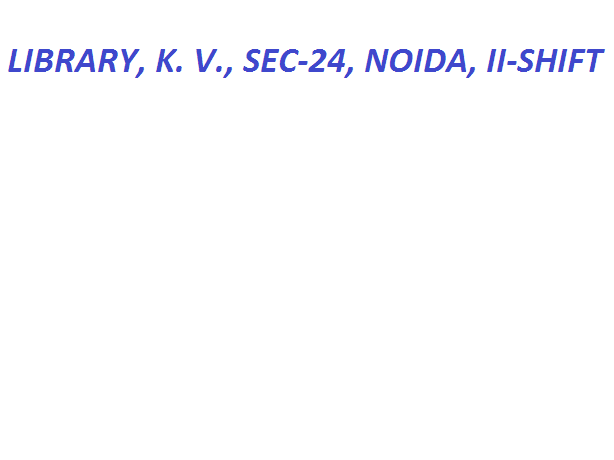Since its creation in 1945, UNESCO’s mission has been to contribute to the building of peace, poverty eradication, lasting development and intercultural dialogue, with education as one of its principal activities to achieve this aim. The Organization is committed to a holistic and humanistic vision of quality education worldwide, the realization of everyone’s right to education and the belief that education plays a fundamental role in human, social and economic development.
UNESCO is entrusted to lead Sustainable Development Goal 4 (SDG4) - Ensure inclusive and equitable quality education and promote lifelong learning opportunities for all - through the Education 2030 Framework for Action (FFA).
To fulfil this role UNESCO aims to provide global and regional leadership in education, strengthen education systems worldwide and respond to contemporary global challenges through education.
As the only United Nations agency with a mandate to cover all aspects of education, UNESCO’s work encompasses educational development from pre-school to higher education, including technical and vocational education and training, non-formal education and literacy.
The Organization focuses on enhancing inclusive equitable access to relevant quality education that develops knowledge and competencies in areas such as global citizenship and sustainable development, human rights and gender equality, health and HIV and AIDS, as well as technical and vocational skills development. UNESCO works with governments and a wide range of partners to make education systems more effective through policy change.
The Education 2030 Framework for Action guides UNESCO and partners’ in implementing the Sustainable Development Goal 4. It recognizes that governments have the primary responsibility for successful implementation, follow-up and review and that country-led action can drive change, supported by effective multi-stakeholder partnerships and financing.
UNESCO is entrusted to lead Sustainable Development Goal 4 (SDG4) - Ensure inclusive and equitable quality education and promote lifelong learning opportunities for all - through the Education 2030 Framework for Action (FFA).
To fulfil this role UNESCO aims to provide global and regional leadership in education, strengthen education systems worldwide and respond to contemporary global challenges through education.
As the only United Nations agency with a mandate to cover all aspects of education, UNESCO’s work encompasses educational development from pre-school to higher education, including technical and vocational education and training, non-formal education and literacy.
The Organization focuses on enhancing inclusive equitable access to relevant quality education that develops knowledge and competencies in areas such as global citizenship and sustainable development, human rights and gender equality, health and HIV and AIDS, as well as technical and vocational skills development. UNESCO works with governments and a wide range of partners to make education systems more effective through policy change.
The Education 2030 Framework for Action guides UNESCO and partners’ in implementing the Sustainable Development Goal 4. It recognizes that governments have the primary responsibility for successful implementation, follow-up and review and that country-led action can drive change, supported by effective multi-stakeholder partnerships and financing.

No comments:
Post a Comment